No, all those ads you see based on what you’ve talked about or searched for aren’t just a coincidence. Yes, your phone is listening to you. In this DIY Security tip, Kim shows you how to stop your smartphone from eavesdropping. Follow these tips for Android or iPhone to get your privacy back.
The serious privacy risk of coronavirus tracing apps
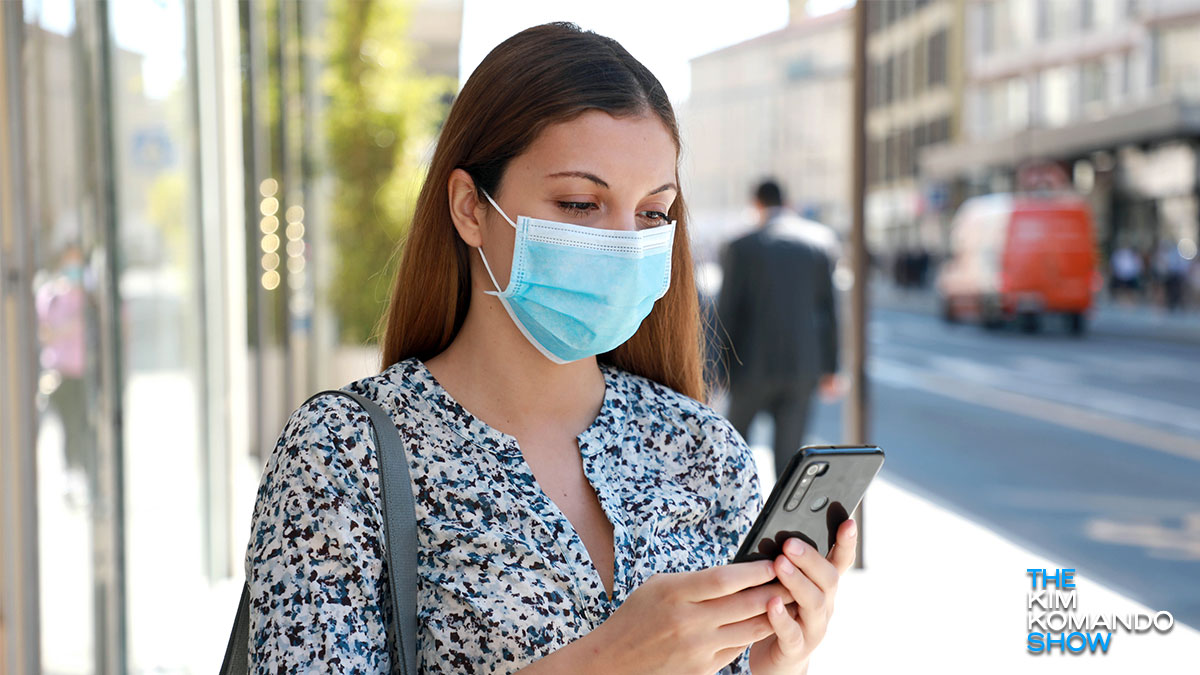
Contact tracing is said to be one of the most useful steps a population can take to slow the spread of COVID-19. The process is straightforward: Individuals who are infected report their confirmed case to health officials along with contact information of the people they may have exposed themselves to. This helps isolate outbreaks before they can grow.
And now, thanks to the joint efforts of Apple and Google, digital contact tracing is now possible with a new API built into Android and iPhone operating systems. Tap or click here for more details on how this new feature works.
Because digital contact tracing involves push alerts and location tracking, there are some understandable security concerns. Now that the option is available on numerous devices around the world, we’re finally getting an answer as to whether or not the process is worth the privacy risk. So far, the results don’t look all that good.
How is contact tracing working out around the world?
Beyond the initial setup process for COVID-19 exposure alerts on Android and iPhone, there haven’t been too many advancements in the U.S. for contact tracing apps. Some states like North Dakota produced apps in an initial wave of development, but the process has yet to be widely implemented.
But an absence in America doesn’t mean nobody is using the tools. In fact, several countries have already implemented digital contact tracing into their population’s smartphones. The results so far, however, are less than ideal.
Here’s what we’ve learned from countries that have already made contact tracing available to the masses:
- Norway: This Nordic nation was the first country to widely adopt digital contact tracing among its population centers. Within two weeks, nearly 1 million Norweigian smartphones had a virus tracing app from local developers.
Thankfully, Norway wasn’t hit particularly hard by the virus, but this had the side-effect of providing researchers with little to no data. Security concerns regarding Bluetooth data exchanges, location data and other privacy issues prompted the population to abandon the app. What’s more, some are concerned that citizens accepted these security risks at face value far too easily.
- U.K.: A smartphone contact tracing app was also developed and released. This one was also abandoned due to privacy concerns and low adoption rates.
- India: India’s contact tracing app had a security issue of a different kind: a vulnerability. This led to the leak of 77 million users’ location data — including precise coordinates.
- U.S.: In a twist that could only happen in America, the state of North Dakota’s contact tracing app was found to be sharing location data with the app Foursquare. This “check-in” app feeds data to advertisers based on location that can help them pinpoint campaigns more effectively. And we thought this app was supposed to stop people from getting sick.
As you can see, security concerns and widespread adoption are the two biggest sticking points for making contact tracing apps mainstream. But at this point, based on the data we do have, do we even want to?
At the very least, the effort is creating some much-needed job opportunities for unemployed Americans — and no medical experience is required! Tap or click here to find out how you can get a job as a contact tracer.
The real risks of contact tracing apps
Because signing up for contact tracing is voluntary, the negative reception means it’s unlikely the system will be implemented on a wide scale. But if you do take a look at the issues brought up by privacy advocates, you could see a case to be made for restraint. Here are the most glaring issues with the system:
Billions of passwords for sale on the Dark Web - this one was used 7 million times
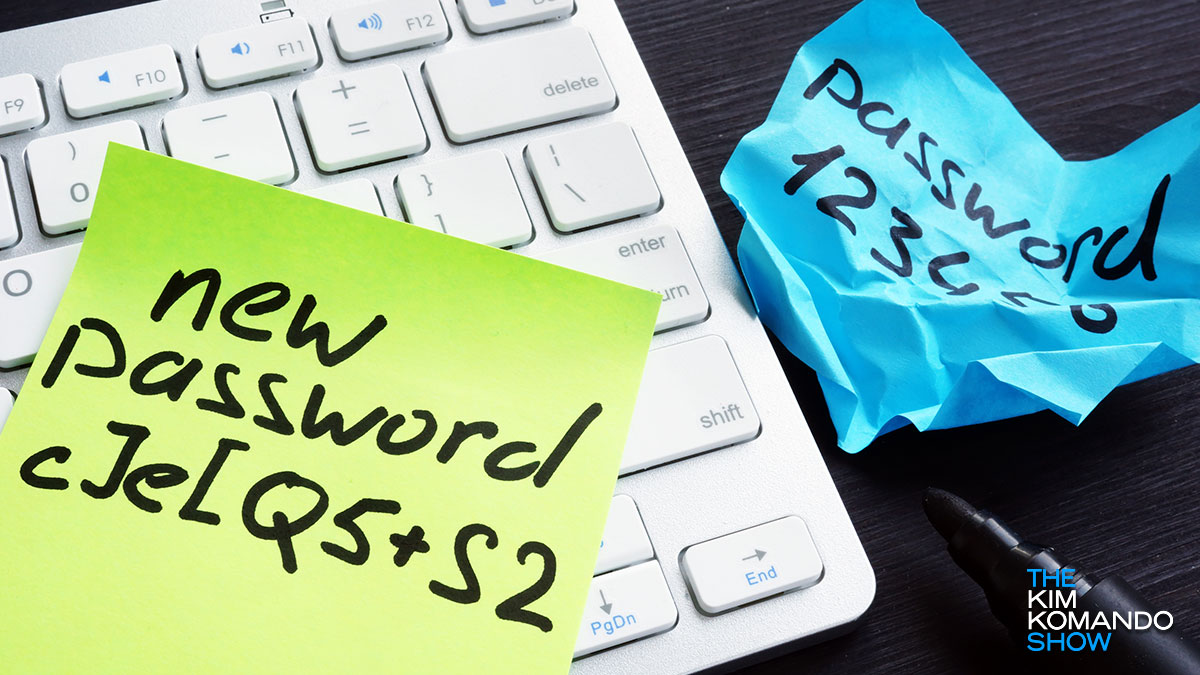
How tough are your passwords? Despite what you may think, the best password practices from 10 years ago won’t cut it today. If you share passwords across different websites, for example, it’s time to get busy changing them for the sake of your security.
4 critical features to look for in a home protection service
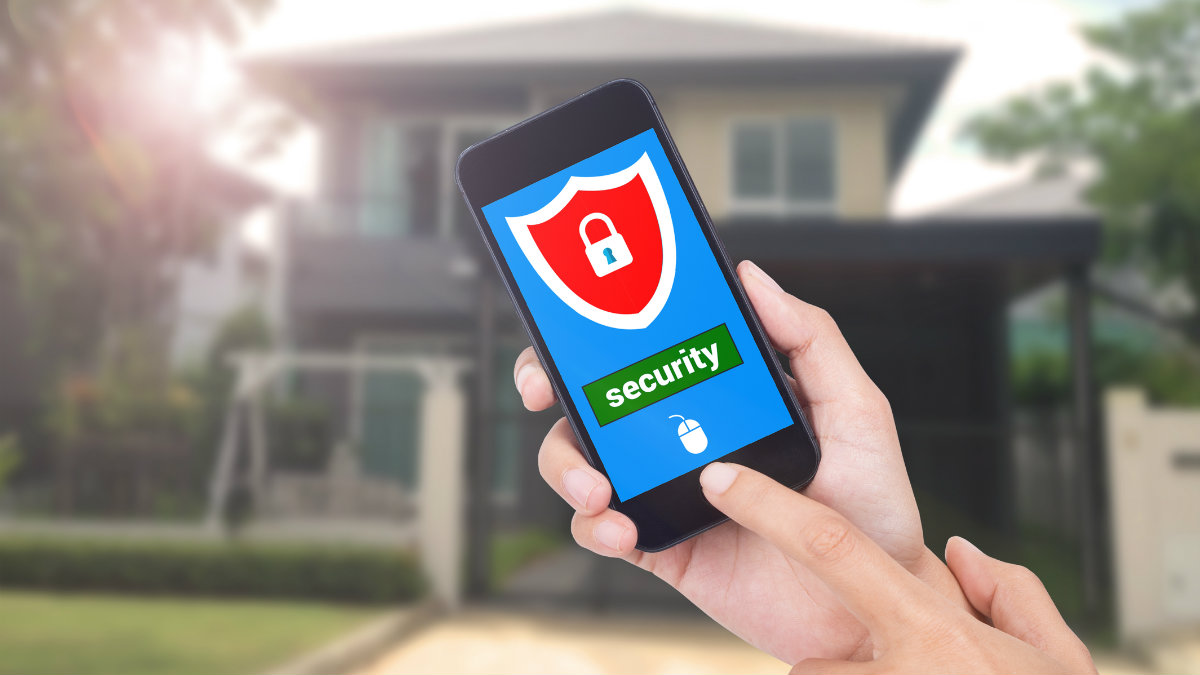
Even though some coronavirus restrictions are starting to be lifted across the U.S., many Americans are committed to staying home. At least until they feel safe going out in public.
While you’re still at home, the last thing you need is the added stress of worrying about burglars trying to break into your home. That’s why it’s important to have home security from a company you can trust.
10 COVID-19 scams spreading right now that people are falling for

The numbers are staggering. The Federal Trade Commission says coronavirus-related scams have cost Americans $13.4 million so far this year. Google blocks more than 100 million phishing emails every day as criminals try to steal money and personal information. About 18 million of them are coronavirus-related.
Working from home? You need a VPN now more than ever
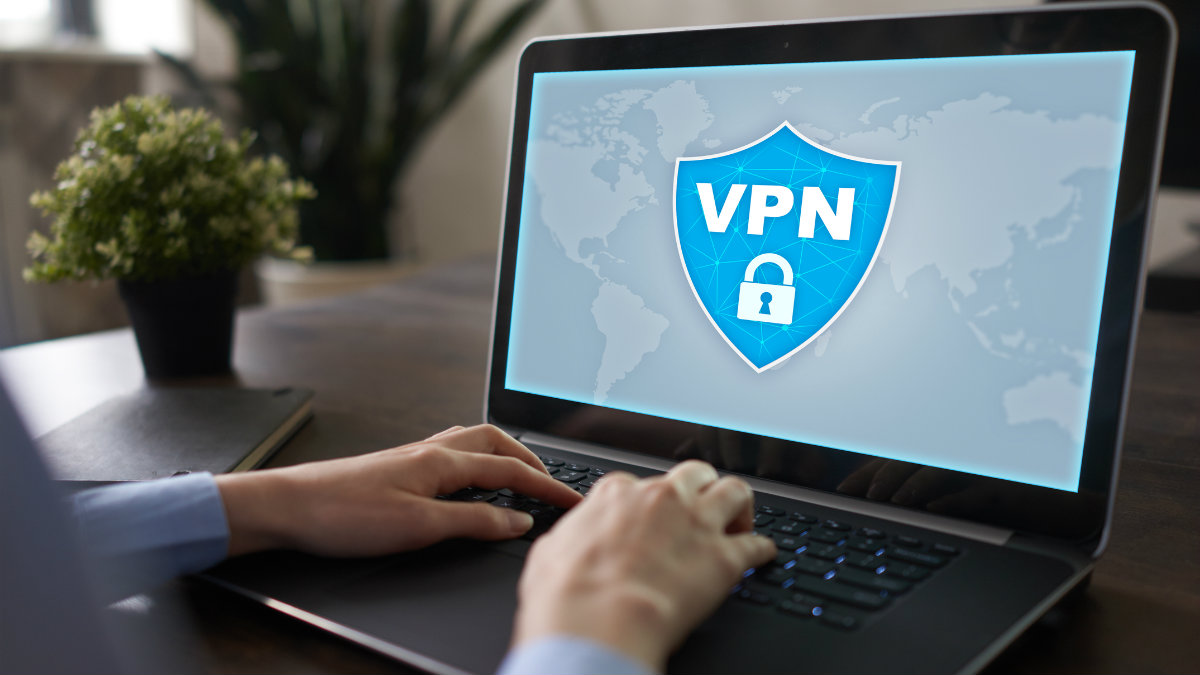
You’ve heard Kim talk about how important it is to have a virtual private network (VPN). Now that a lot of you are working from home, it’s even more important to choose a VPN you can trust.
The coronavirus pandemic has prompted many companies across the U.S. to have employees work from home (WFH). That means it’s not just the personal information stored on your device at risk from security threats, but also your work data.
Hackers spreading fake coronavirus maps - use this one instead
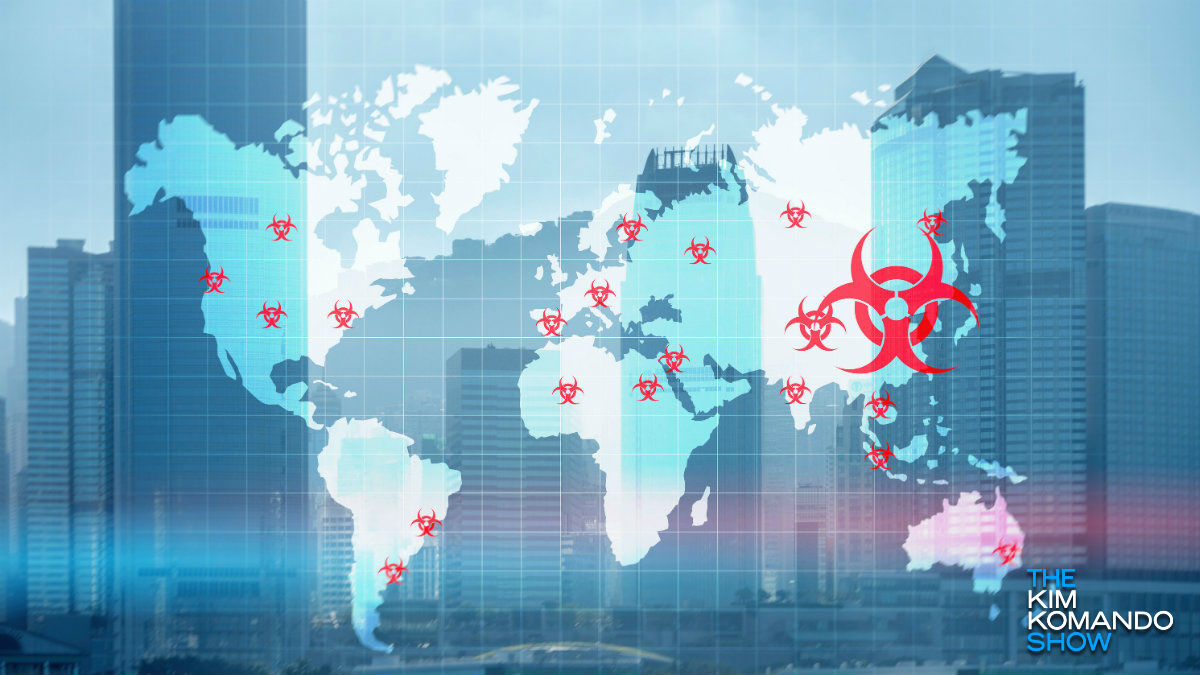
There’s no shortage of panic now that the coronavirus has been classified as a pandemic. Stores are running out of supplies like bottled water, dried beans and even toilet paper.
Whenever huge events happen in the world, the dregs of society come out in full force — and the coronavirus outbreak is no different. Cybercriminals have been taking advantage of unsuspecting victims with tons of scams. Tap or click here to see a list of coronavirus scams out to get you.
9 security mistakes people make when working from home

COVID-19 got you working from home? If not, you might be soon. In cities where the virus has spread, local authorities are advising schools and businesses close temporarily to prevent further transmission.
That said, transitioning to working from home from working on-site is a complex task. Crewmember roles need to be adjusted for digital access and protocols must be in place to make sure work doesn’t slip through the cracks. Tap or click to find out how to prepare your business for coronavirus.
5 critical reasons you need VPN protection
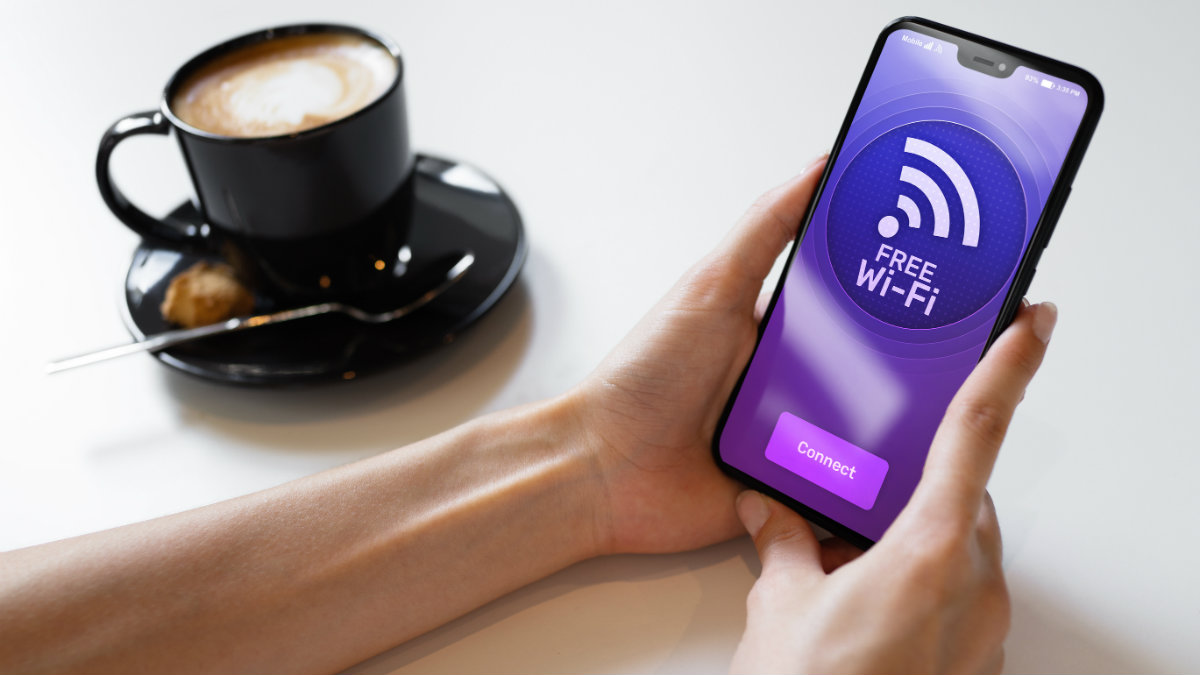
Do you consider yourself a privacy-conscious person? Are you concerned about your online safety? Well, you’re certainly not alone. The hard truth is by surfing the web or making any transactions online while connected to a network that’s not secure, you’re exposing private info and buying habits for anyone to see.
Spyware watches everything you do. Is your phone or computer infected?
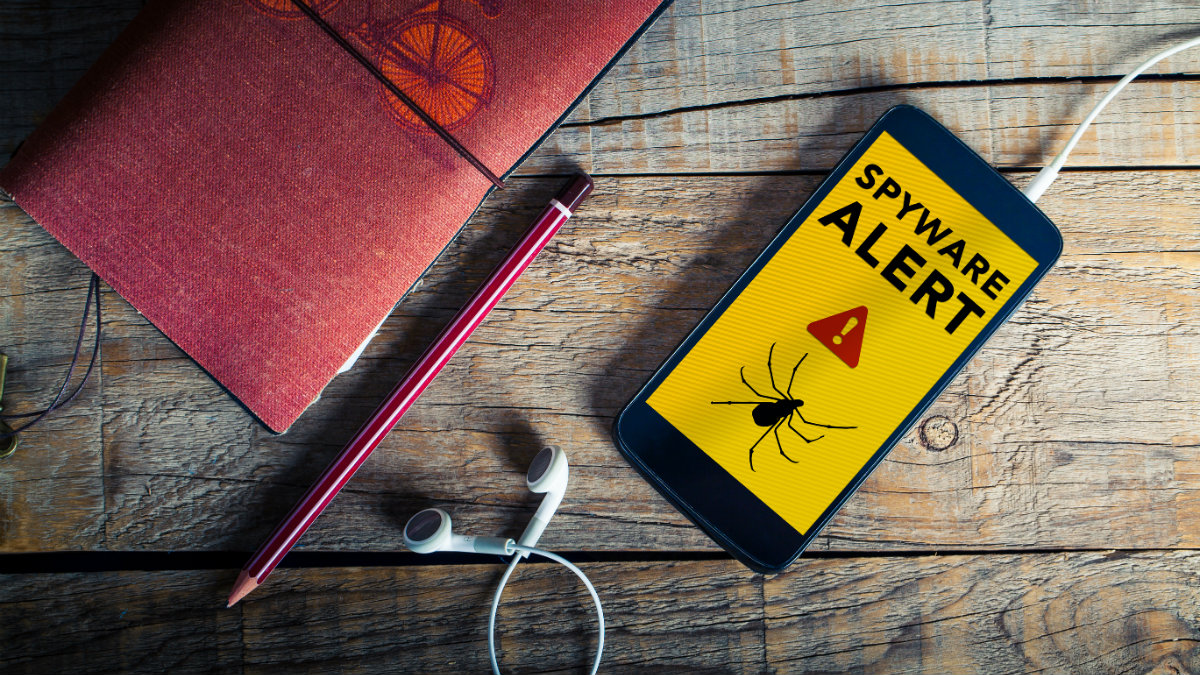
Your everyday tech holds so much valuable information. Between your computer, smartphone and tablet, we’re talking precious photos, private files and enough personal data to make hackers come running.
And with more and more of our information stored digitally, we’re exposed like never before to cybercriminals who want to get their hands on it. One of the sneakiest ways they do it? Spyware.
Kim's DIY Security tip: Stop your phone from eavesdropping
5 essential steps to protect yourself from hackers and online criminals
Only you can safeguard your own device. You have plenty of tools at your disposal, but unless you use them, you will lose this battle. To help you protect yourself from viruses, phishing, malware, and ransomware, here are five tactics that will bolster your defenses and keep the invaders at bay.
Use this one trick to protect yourself as data breaches hit all-time high
Every week seems to bring news of corporate data breaches that are putting millions of Americans’ information in peril. The year isn’t even over, but 2019 is shaping up to be the worst in terms of data breaches. We’ll look at how 2019 is measuring up to 2018 and what have been the most egregious hacks so far.
Deepfake videos are getting terrifyingly real
If you thought fake news was bad, then you won’t believe what’s coming our way in the future. Widely seen as the next generation of hoaxes, Deepfakes are videos that use artificial intelligence to edit faces, motion, and speech with scary accuracy. In a Deepfake video, you can make any politician say anything you want, or swap the face of a person you know on a salacious picture for instant blackmail. The worst part: it’s getting harder to tell them apart from the real thing. This video might disturb you.
Clearing cache made easy
So what is your computer’s cache? Why do you need to empty it? And when? Here’s how to do it. It’s easier than you think, and you can do it in less than 2 minutes.
Free vs. paid Internet security software - What's the difference?
We are always getting emails and comments asking why anyone would pay for security software when there are plenty of free options available, and that’s a good question. In fact, we’ve covered some excellent free security options in the past. So, what does paid software give you that free options don’t? What this Komando.com report to find out!
Block Internet ads forever
A new gadget on Kickstarter could revolutionize the Internet by removing all ads from your Internet connection. The device will let users stream videos, surf the web and much more, all without making you watch ads first.
Password comedy
Everyone knows that strong passwords keep your data safe. But they can also be hard to remember! Stand-up comic Don Friesen sees the funny side of computer security.

